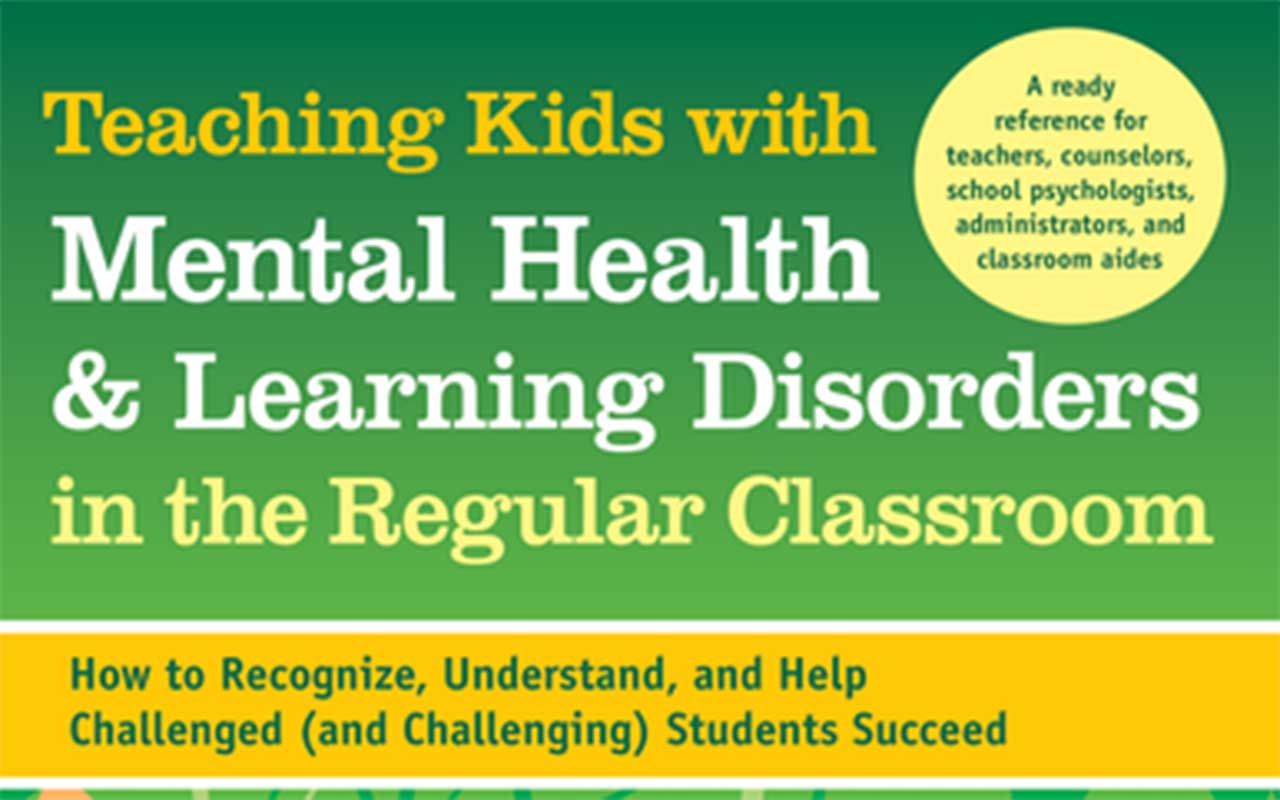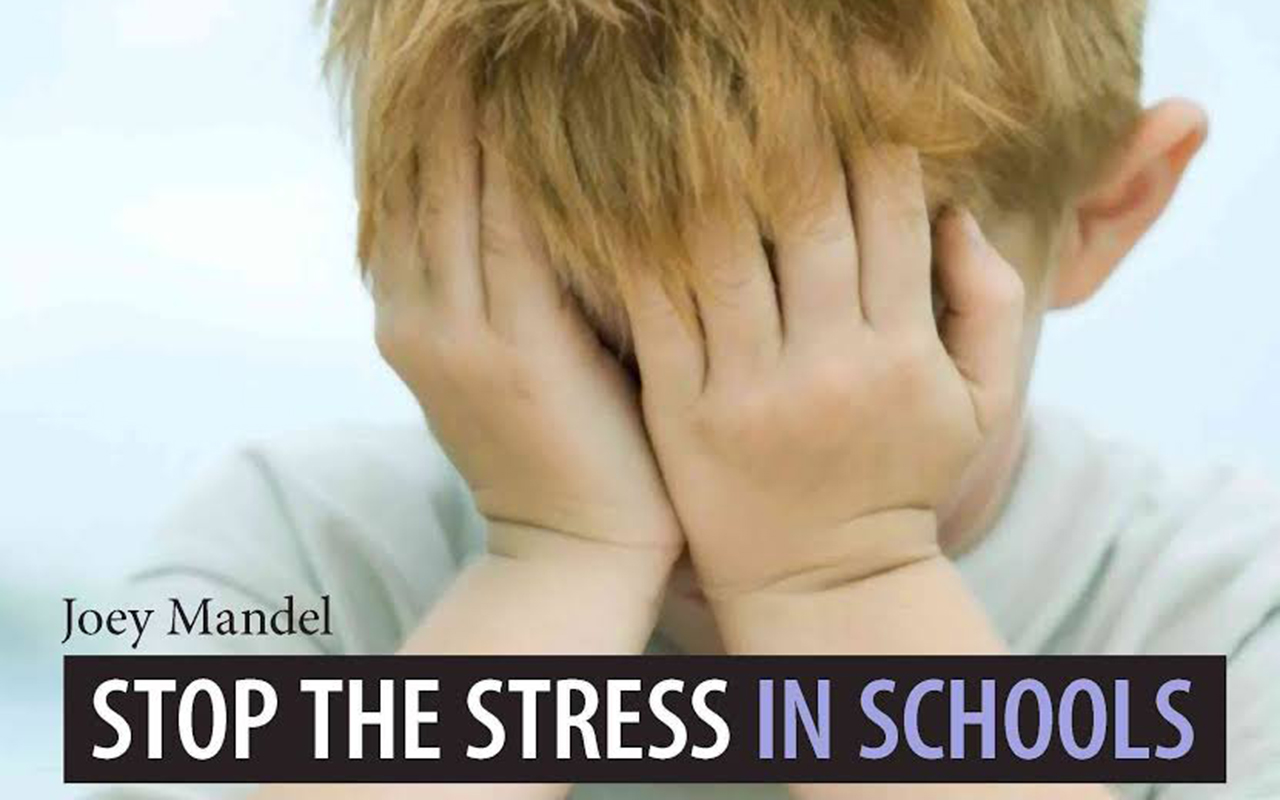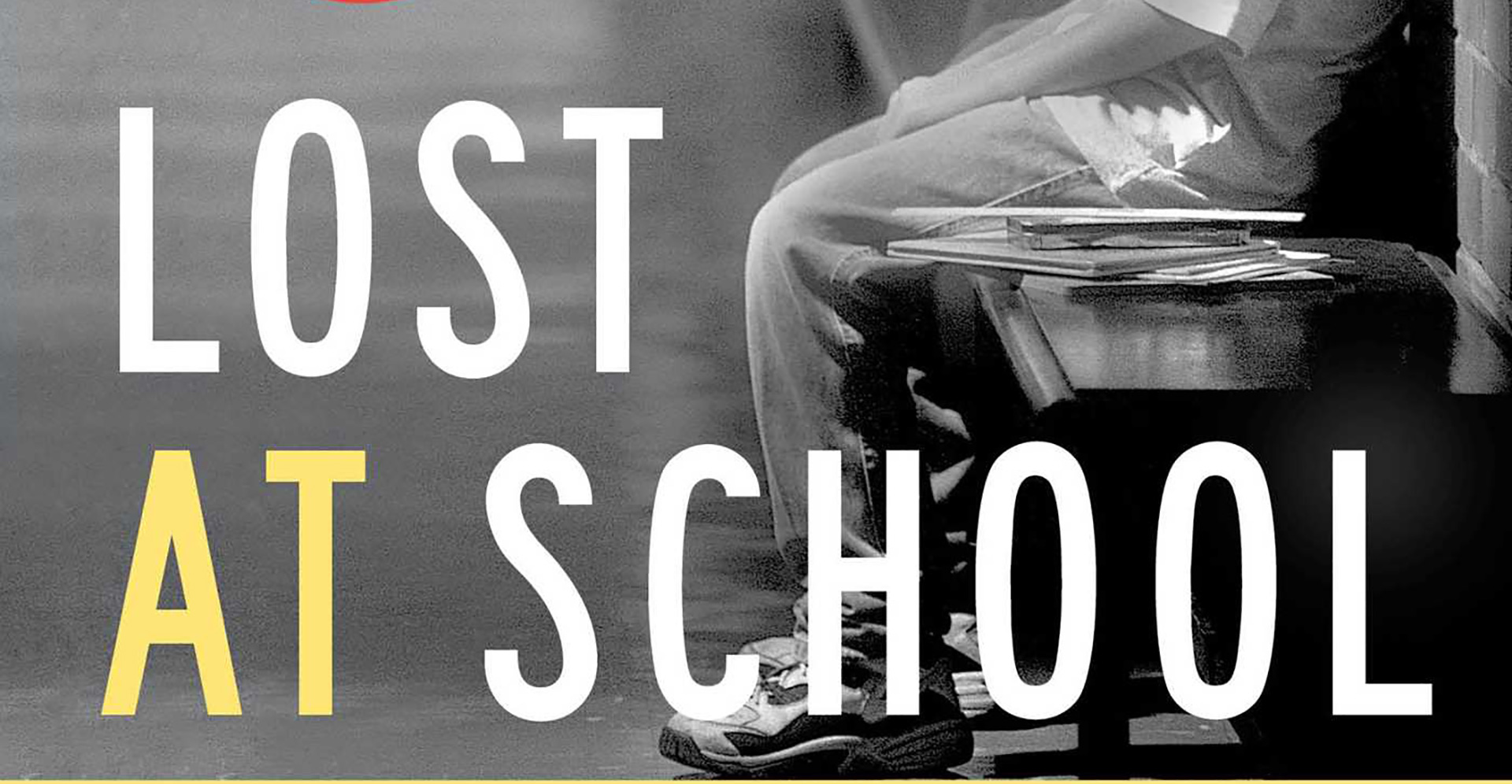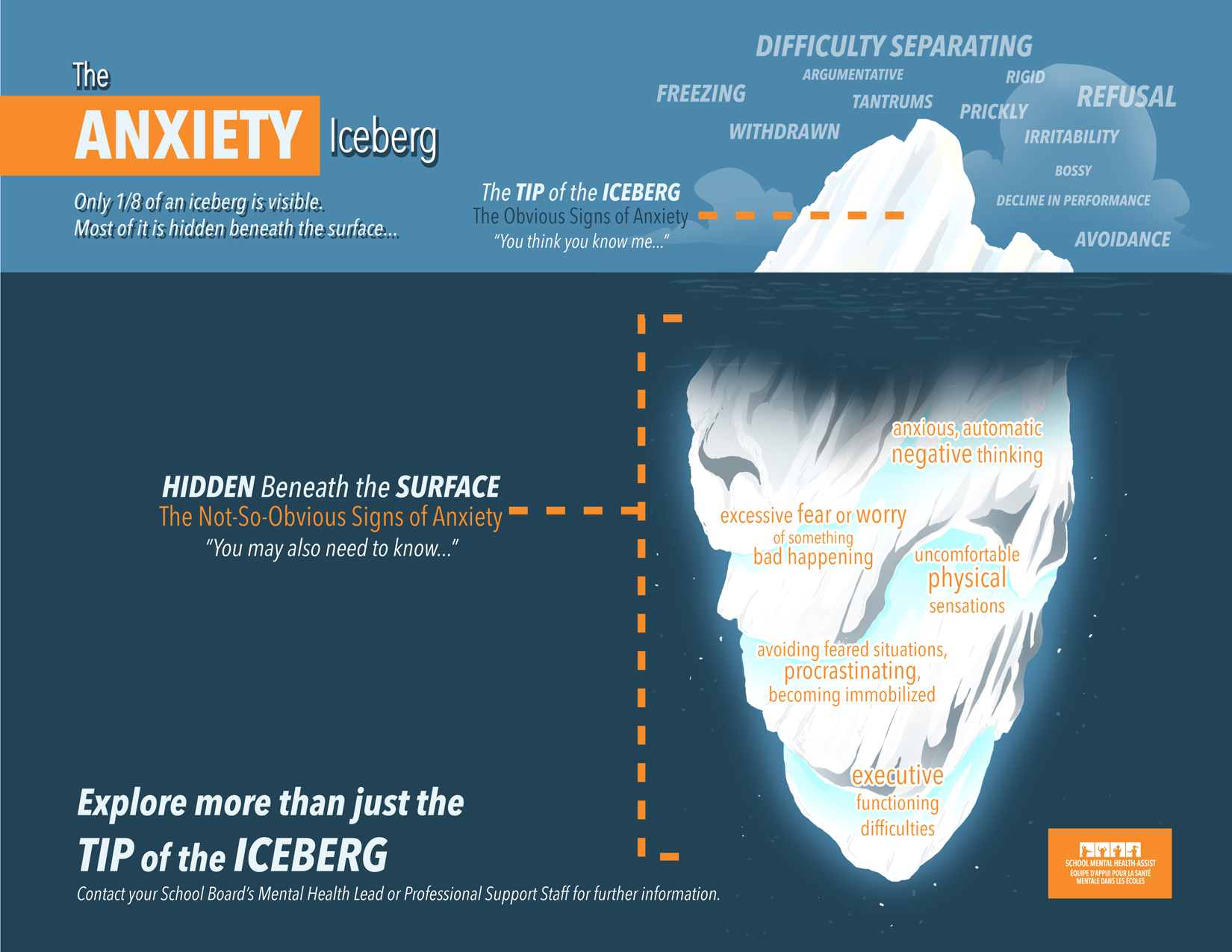Sort by:

Teaching kids with mental health and learning disorders in the regular classroom How to Recognize, Understand, and Help Challenged (and Challenging) Students Succeed
This book is about mental health concerns and learning disorders in the classroom and the role of schools in addressing them.The teachers guide to student mental health
Dikel’s book reviews the basics of diagnoses and educational eligibilities, IEPs, behavioral modification techniques and coping strategies for students and families.Substance use and abuse Everything Matters
Provides students and practitioners in the field of addiction counselling with a foundational knowledge of psychoactive drugs. Emphasizes the bio-psycho-social components of addiction.
Stop the stress in schools Mental health strategies teachers can use to build a kinder gentler classroom
This book explores the stress experienced in schools and shows teachers how to reduce the atmosphere of tension and pressure in their classrooms.
Lost at school Why our kids with behavioral challenges are falling through the cracks and how we can help them
Practical, realistic, and positive book based on Dr. Greene’s work with thousands of challenging kids, and their teachers, parents, and schools.Trauma sensitive schools Helping traumatized children learn
This website provides information and resources related to trauma sensitive schooling, including information regarding why trauma sensitive schools are needed, the impacts and prevalence of trauma, and the importance of leadership in creating trauma sensitive schools.Mental health and well-being at school School Mental Health Assist
This info-sheet provides tips for educators to contribute to creating and sustaining a welcoming and inclusive school/classroom climate. Indications that a student is thriving are also presented.Mental health literacy for educators helping children and youth after tragic events
This info-sheet provides facts and tips for approaching and working with students in the classroom environment after a tragic incident.
The iceberg diagram Only 1/8 of an iceberg is visible. Most of it is hidden beneath the surface…
This infographic was developed to help educators recognize indicators of anxiety in students. It illustrates the “anxiety iceberg”, which describes the obvious signs of anxiety (i.e., avoidance, arguing) as the tip of the iceberg and the not-so-obvious signs of anxiety (i.e., procrastinating) as beneath the surface.Recognizing and responding to anxiety in the classroom ASSIST tutorial series: tutorial #2
The RRC views resilience from a socio-ecological approach. Our definition of resilience reflects a more pluralistic understanding of the phenomena; where we cannot only focus on youth themselves, but have to account for the relationships that surround them; the communities in which they find themselves and the resources made available to them there. As well as the larger life worlds that effect the allocation of resources to communities, and the impact of global political economies on the wellbeing of families and communities.
Why we’re recommending this resource
- Accuracy of information: well-researched, appropriately cited, and well written / organized
- Authority: author is identifiable and has related qualifications and/or credentials / affiliated with a reputable institution
- Objectivity: minimal to no biases or affiliations with a company selling products of promoting a questionable agenda.
- Currency: information that is recent or has been recently endorsed
- Canadian resource
